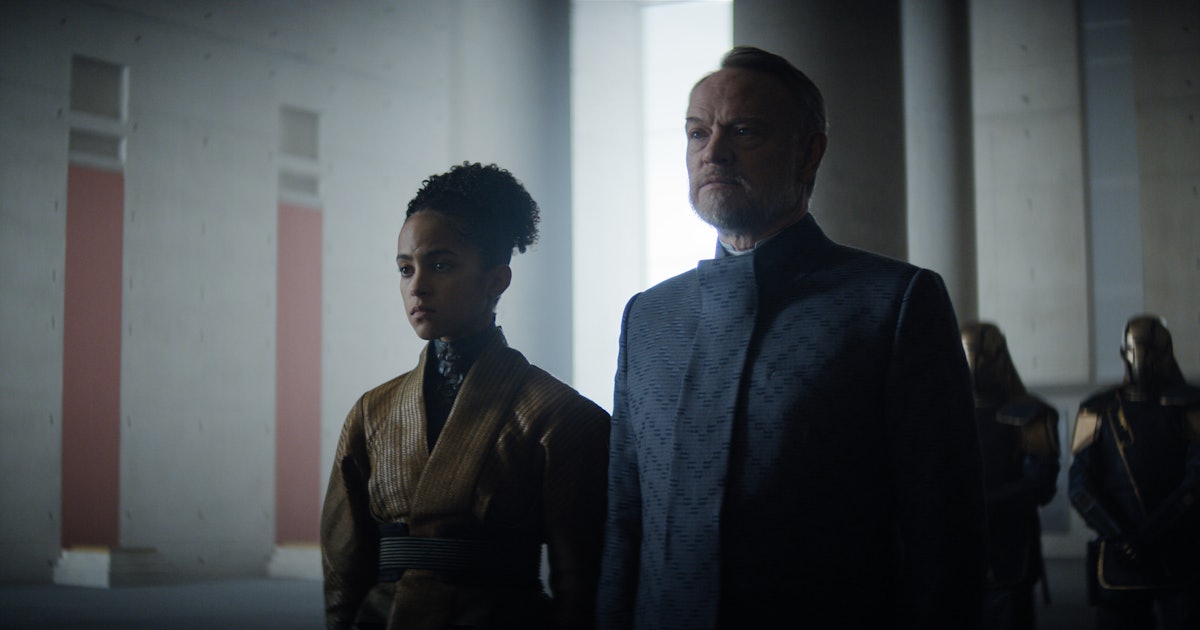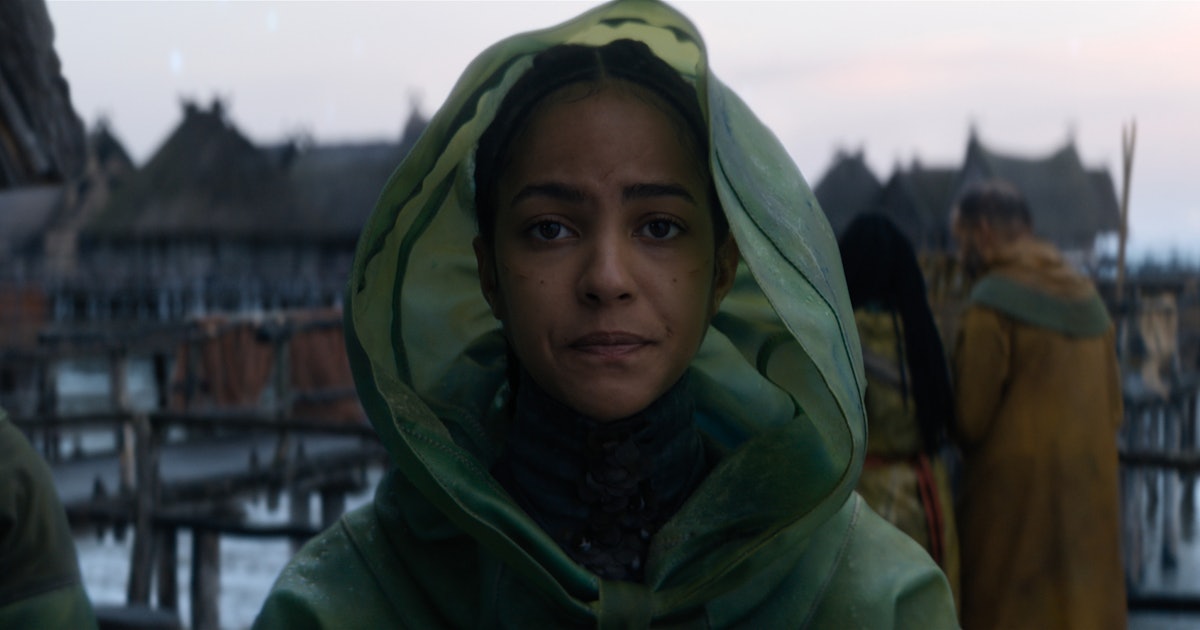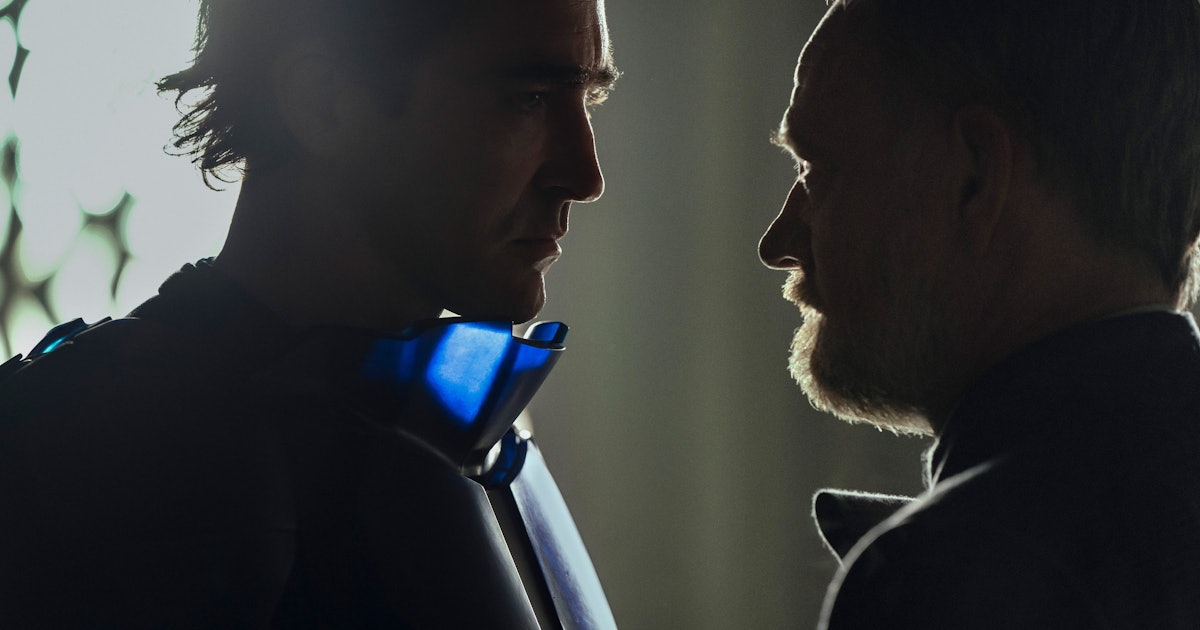📺 'Foundation' review: A staggering achievement of sci-fi television
Key phrases
Older messages
⚡️ The Rivian R1T pickup truck finally gets reviewed
Tuesday, September 28, 2021
Plus: Science shows how to optimize longevity.
☕️ This is what actually happens to caffeine when you reheat coffee
Monday, September 27, 2021
Plus: The actual ingredients in the Covid-19 vaccines and the latest in the Blue Origin vs. SpaceX saga.
🧠 Let’s talk about the MIND diet
Sunday, September 26, 2021
You are what you eat. But what you eat also shapes who you become.
🧠 Let’s talk about the MIND diet
Sunday, September 26, 2021
You are what you eat. But what you eat also shapes who you become.
🚀 Inspiration4 rekindles a centuries-old artistic debate
Sunday, September 26, 2021
Expedition artists were important cultural figures in the golden age of exploration. Do we need to bring them back to document the final frontier?
You Might Also Like
What A Day: A-drone again (naturally)
Saturday, April 20, 2024
Israel hit back at Iran but in a more tartgeted scope than expected ͏ ͏ ͏ ͏ ͏ ͏ ͏ ͏ ͏ ͏ ͏ ͏ ͏ ͏ ͏ ͏ ͏ ͏ ͏ ͏ ͏ ͏ ͏ ͏ ͏ ͏ ͏ ͏ ͏ ͏ ͏ ͏ ͏ ͏ ͏ ͏ ͏ ͏ ͏ ͏ ͏ ͏ ͏ ͏ ͏ ͏ ͏ ͏ ͏ ͏ ͏ ͏ ͏ ͏ ͏ ͏ ͏ ͏ ͏ ͏ ͏ ͏ ͏ ͏ ͏ ͏ ͏
The Idea of Presidential Immunity Is Not As Ridiculous As You’ve Heard
Friday, April 19, 2024
Columns and commentary on news, politics, business, and technology from the Intelligencer team. Intelligencer the law The Idea of Presidential Immunity Is Not As Ridiculous As You've Heard Still,
I Found a Sample Sale at Staud
Friday, April 19, 2024
22 Things on Sale You'll Actually Want to Buy: From Bioderma to PicassoTiles The Strategist Every product is independently selected by editors. If you buy something through our links, New York may
An Exclusive Interview With Wemby
Friday, April 19, 2024
View in your browser Twitter Facebook Instagram Share | Subscribe The Ringer April 19, 2024 Welcome to the tortured playoffs department? NBA Getty Images/Ringer illustration Twenty-year-old San Antonio
On the Shoulders of Giants
Friday, April 19, 2024
Feel Good Friday, Weekend Whats ͏ ͏ ͏ ͏ ͏ ͏ ͏ ͏ ͏ ͏ ͏ ͏ ͏ ͏ ͏ ͏ ͏ ͏ ͏ ͏ ͏ ͏ ͏ ͏ ͏ ͏ ͏ ͏ ͏ ͏ ͏ ͏ ͏ ͏ ͏ ͏ ͏ ͏ ͏ ͏ ͏ ͏ ͏ ͏ ͏ ͏ ͏ ͏ ͏ ͏ ͏ ͏ ͏ ͏ ͏ ͏ ͏ ͏ ͏ ͏ ͏ ͏ ͏ ͏ ͏ ͏ ͏ ͏ ͏ ͏ ͏ ͏ ͏ ͏ ͏ ͏ ͏ ͏ ͏ ͏ ͏ ͏ ͏ ͏ ͏
Seattle startup vet leads the new ‘Homebrew Computer Club’ for AI
Friday, April 19, 2024
In-home health screening startup raises $14M | AI's impact on biopharma ADVERTISEMENT GeekWire SPONSOR MESSAGE: Science Firsthand: Learn how Bristol Myers Squibb unlocked the potential of CAR T
Dove's New Campaign, Stunning Interactives and the Two Kinds of Attention
Friday, April 19, 2024
Ten stories that have given us creative inspiration this week ͏ ͏ ͏ ͏ ͏ ͏ ͏ ͏ ͏ ͏ ͏ ͏ ͏ ͏ ͏ ͏ ͏ ͏ ͏ ͏ ͏ ͏ ͏ ͏ ͏ ͏ ͏ ͏ ͏ ͏ ͏ ͏ ͏ ͏ ͏ ͏ ͏ ͏ ͏ ͏ ͏ ͏ ͏ ͏ ͏ ͏ ͏ ͏ ͏ ͏ ͏ ͏ ͏ ͏ ͏ ͏ ͏ ͏ ͏ ͏ ͏ ͏ ͏ ͏ ͏ ͏ ͏ ͏ ͏ ͏
Why so many publishers have failed at copying Wirecutter
Friday, April 19, 2024
PLUS: How Joe Pulizzi built and sold The Tilt, a newsletter and conference business geared toward creators ͏ ͏ ͏ ͏ ͏ ͏ ͏ ͏ ͏ ͏ ͏ ͏ ͏ ͏ ͏ ͏ ͏ ͏ ͏ ͏ ͏ ͏ ͏ ͏ ͏ ͏ ͏ ͏ ͏ ͏ ͏ ͏ ͏ ͏ ͏ ͏ ͏ ͏ ͏ ͏ ͏ ͏ ͏ ͏ ͏ ͏ ͏
A nearly perfect pan
Friday, April 19, 2024
It only gets better with time ͏ ͏ ͏ ͏ ͏ ͏ ͏ ͏ ͏ ͏ ͏ ͏ ͏ ͏ ͏ ͏ ͏ ͏ ͏ ͏ ͏ ͏ ͏ ͏ ͏ ͏ ͏ ͏ ͏ ͏ ͏ ͏ ͏ ͏ ͏ ͏ ͏ ͏ ͏ ͏ ͏ ͏ ͏ ͏ ͏ ͏ ͏ ͏ ͏ ͏ ͏ ͏ ͏ ͏ ͏ ͏ ͏ ͏ ͏ ͏ ͏ ͏ ͏ ͏ ͏ ͏ ͏ ͏ ͏ ͏ ͏ ͏ ͏ ͏ ͏ ͏ ͏ ͏ ͏ ͏ ͏ ͏ ͏ ͏ ͏ ͏
☕ Four plenty
Friday, April 19, 2024
Cannabis retailers' big day. April 19, 2024 Retail Brew PRESENTED BY Feedonomics It's Friday, and tomorrow, as we note below, is 4/20, the biggest day in cannabis retail. But food brands are





